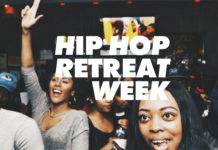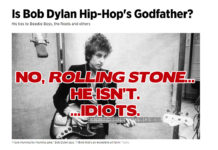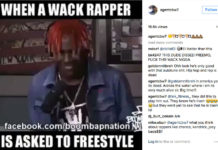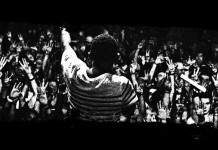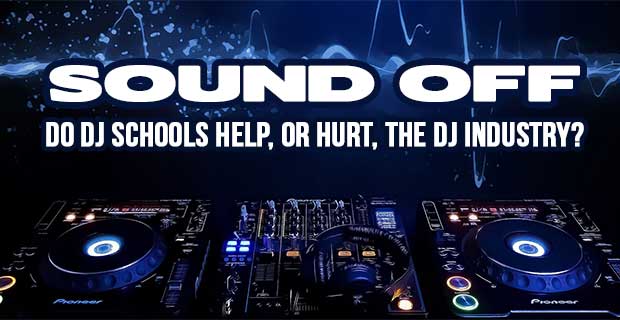DJ Schools are thriving, but so is criticism aimed at ‘shortcuts’ and celebrity posers
Recently, a segment aired on WNYC radio, detailing the various DJ schools that are sprinkled through New York City.
Among those, like Dubspot, Scratch DJ Academy, Rock and Soul, instructors teach the technical skills necessary to manipulate modern DJ equipment to the degree that they may be able to spin at parties, with many of them having had little to no prior DJ experience.
While these schools are, no pun intended, instrumental in delivering the skills and respect for DJ culture to wide eyed potential mixmasters, some suggest that the proliferation of amateur DJs have diluted the professional market, making it difficult for a seasoned and/or truly professional DJs to maintain their piece of the DJ pie. Some say that with so many wannabe DJs flooding the market, taking gigs for entry-level prices, along with the assistance that technology can provide, true masters of the mix, with years of experience in knowing exactly how to rock the party, are being bumped out of the game.
Add to that the fact that celebrities have jumped on the DJ bandwagon as a way to rake in huge paychecks. A recent NY Post article drew the ire of many in the DJ community, as it reported that former reality TV star and pioneer of the famous-for-being-famous trend, Paris Hilton, earns as much as $1 million per night as a “DJ.”
So, with all this in mind, the question is:
Do DJ schools help or hurt DJ culture, and by extension, the quality of the artform and the industry?
Let us know what you think in the comment section below.
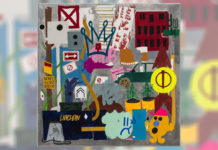
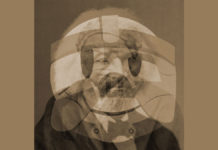
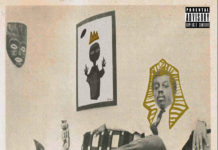
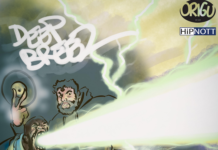

![The Underachievers – Crescendo [VIDEO]](https://www.birthplacemag.com/wp-content/uploads/2017/08/hqdefault-2-218x150.jpg)


![Fat Joe & Remy Ma ft. The-Dream – Heartbreak [VIDEO] Fat Joe Remy Ma The Dream - Heartbreak Video](https://www.birthplacemag.com/wp-content/uploads/2017/05/fat-joe-remy-ma-218x150.jpg)
![JSWISS featuring Chandanie – LML [VIDEO] JSWISS featuring Chandanie - LML [VIDEO]](https://www.birthplacemag.com/wp-content/uploads/2017/05/JSWISS-218x150.jpg)

![Akinyemi Ends Summer With “Summers” EP Release Show [9-17-17] Akinyemi 'Summers' EP release show at Brooklyn Bazaar](https://www.birthplacemag.com/wp-content/uploads/2017/09/summers-featured-218x150.jpg)
![4th Annual NYC VS EVERYBODY Yacht Party [9/16/17] #VSYacht 4th annual NYC VS Everybody Yacht Party#VSYacht](https://www.birthplacemag.com/wp-content/uploads/2017/09/vsyacht-218x150.jpg)

